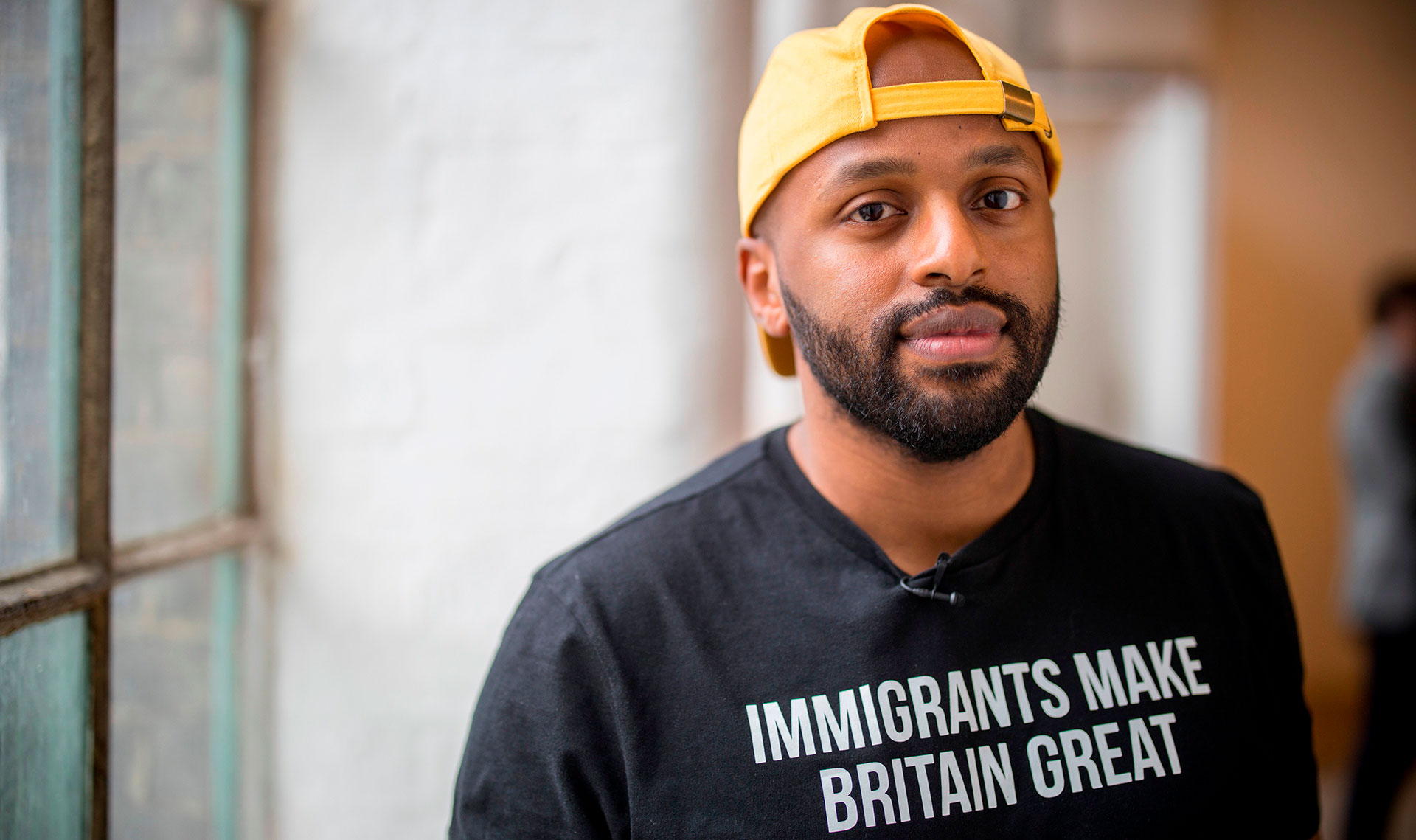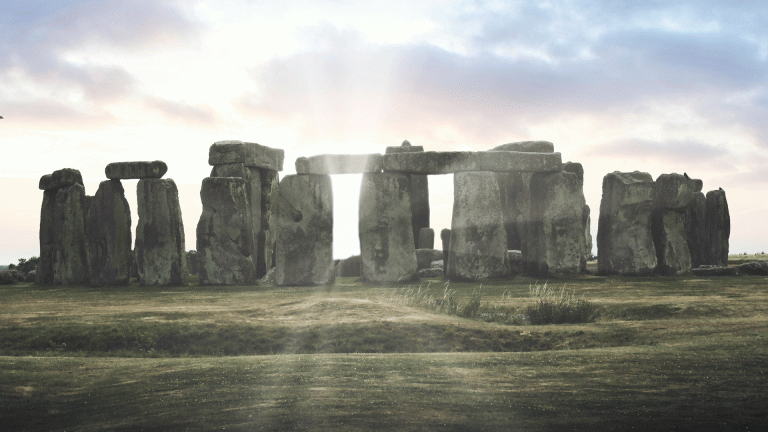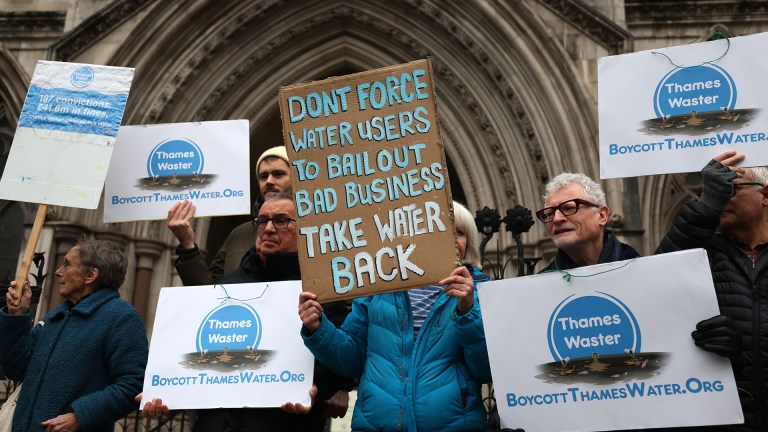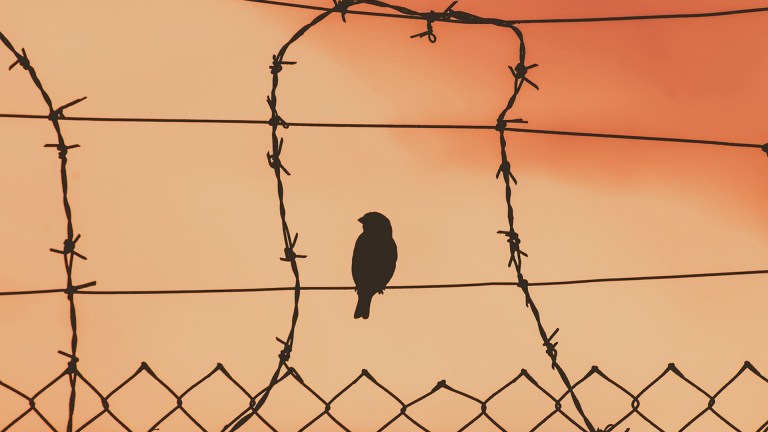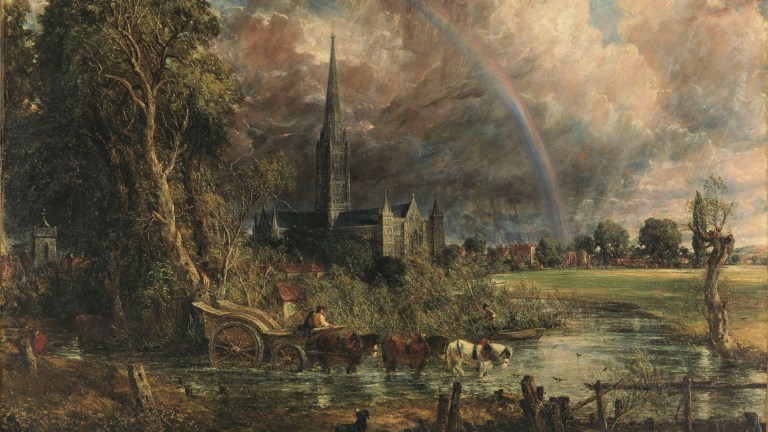We are living in turbulent times. Across the world, countries which consider themselves democratic are seeing their political institutions shaken and under threat. From Europe to the US, South America to India, democracy itself looks to be in trouble. In fact, it is under constant attack from all quarters – whether by a biased or negligent media, unchallenged far-right figures, sinister foreign powers seeking to sow chaos or in the case of the United Kingdom, the Prime Minister’s office itself.
It is a time when democrats of all colours must unite to fight the repressive forces threatening to destroy our hard-won freedoms, and the notion that a country’s future should be decided by its own people; that power should be shared by all, and exercised with accountability in the interests of all, not concentrated in the hands of a select few.
There are few better ways to sum up @BorisJohnson than #FilthyPieceOfToeRag
When he arrives October 17th, I ask that our European friends give Boris NOTHING and give the British people EVERYTHING!
Let's stop No-Deal, secure an extension and give the British people a #FinalSay pic.twitter.com/ZAhDDqeOKd
—
MΛG!D (@MagicMagid) October 9, 2019
In our defence of democracy, we shouldn’t just fight to preserve the status quo. It is not about democracy as it is, but democracy as it can and should be. Here is my three-step guide to changing our democracy for the better:
Step One: Empowering Youth
Lowering the voting age to 16 is fundamental to ensure a society with democracy at its core. Giving young people the right to vote means they are more likely to take an interest in politics, develop the habit of voting and pay more active attention to everything happening around them because they will have the tangible ability to do something about it. With more young people as active participants, policymakers will be compelled to take their concerns seriously.
